Supporting Friends And Family Through Post-Hurricane Recovery

Supporting Friends and Family Through Post-Hurricane Recovery
Introduction
Hurricanes are one of the most devastating natural disasters, leaving behind a trail of destruction and despair for those affected. While much focus is placed on preparing for the hurricane and staying safe during the storm, the aftermath can be equally challenging. Post-hurricane recovery can take a heavy toll on individuals, families, and communities, affecting their mental and emotional wellbeing. In this article, we discuss ways to support friends and family through post-hurricane recovery.
Recognizing the Need for Support

The impact of a hurricane can be overwhelming, especially for those who have lost loved ones, homes, and possessions. Individuals and families may experience a range of emotional and mental health issues, including anxiety, depression, grief, post-traumatic stress disorder (PTSD), and survivor’s guilt. It is essential to recognize the need for support during this difficult time. Signs that someone may need help may include:
- Withdrawal or isolation
- Difficulty sleeping or nightmares
- Changes in appetite or mood
- Increased use of drugs or alcohol
- Excessive worrying and irritability
How to Help
It can be challenging to know how to help someone during a time of crisis. However, showing compassion, understanding, and support can make a significant difference in their recovery process. Here are some ways to help:
Be There for Them
Simply being present for your loved ones can provide much-needed comfort and support. Whether it’s a listening ear or a shoulder to cry on, it’s important to let them know that you’re there for them, no matter what. Ask about their feelings, concerns, and fears. Let them know that they are not alone and that you will support them every step of the way.
Encourage Professional Support
If you notice that someone is struggling with mental or emotional health issues, encourage them to seek professional help. Connect them with a therapist, counselor, or other mental health provider who can offer the support and guidance they need. Many community organizations offer free or low-cost counseling services for those affected by natural disasters.
Create a Supportive Environment
Creating a supportive environment can make a significant difference in someone’s recovery process. Offer practical support, such as meals, transportation, or assistance with cleaning up debris. Encourage them to take care of themselves by getting enough sleep, eating healthy foods, and engaging in self-care activities. Help them find positive ways to cope with stress, such as exercising, meditating, or spending time in nature.
Helping Children Through Post-Hurricane Recovery

Children can be particularly vulnerable during post-hurricane recovery. They may struggle to understand what has happened and may feel scared, anxious, or confused. As a parent or caregiver, it’s important to provide reassurance, comfort, and support. Here are some ways to help children through post-hurricane recovery:
Provide a Safe and Secure Environment
Children need a safe and secure environment to recover from the trauma of a hurricane. Make sure their basic needs are met, including food, water, shelter, and medical care. Create a routine and structure that provides stability and predictability.
Encourage Communication
Encourage children to express their feelings and thoughts about the hurricane. Provide age-appropriate information about what happened and what to expect. Listen to their concerns and validate their feelings. Offer reassurance that they are safe and loved.
Engage in Play and Activities
Play and other age-appropriate activities can help children process their emotions and cope with stress. Encourage them to engage in activities they enjoy, such as drawing, painting, dancing, or playing games.
Coping with Loss and Grief
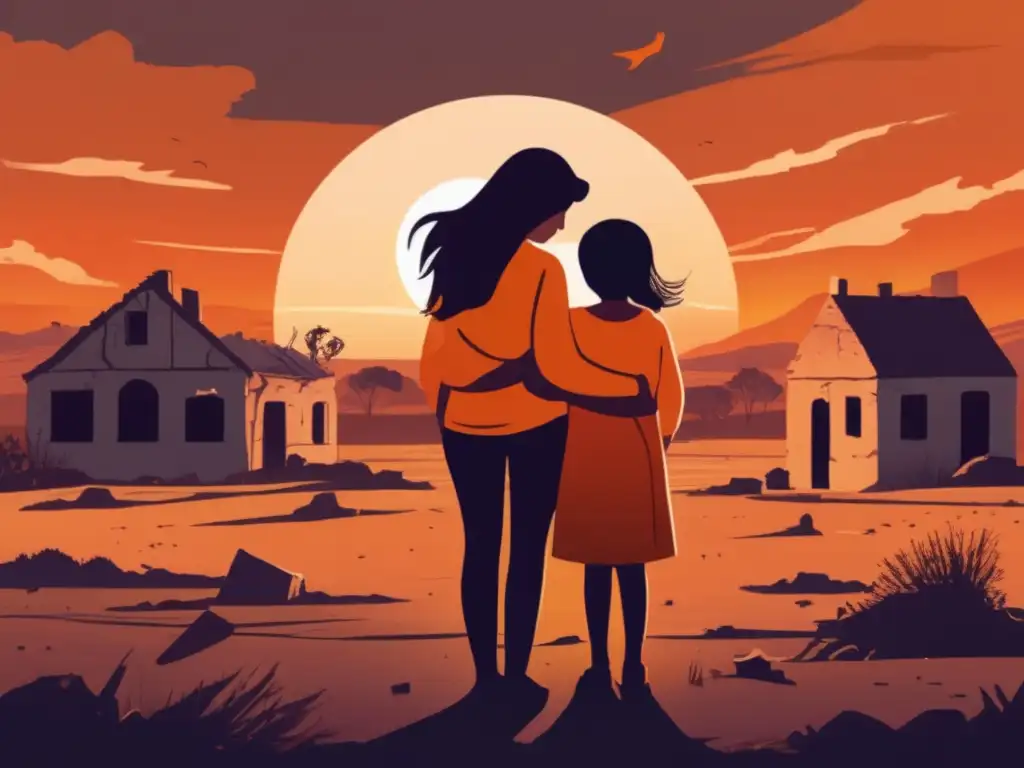
Hurricanes can cause significant loss and grief, including the loss of loved ones, homes, and possessions. Coping with loss and grief can be a long and difficult process. Here are some ways to support those who are grieving:
Be a Good Listener
Listening is one of the most important things you can do to support someone who is grieving. Allow them to talk about their feelings and memories. Avoid trying to fix or minimize their grief.
Offer Practical Support
Offer practical support, such as helping with funeral arrangements, cooking meals, or running errands. Small acts of kindness can make a big difference in someone’s life.
Encourage Self-Care
Encourage those who are grieving to take care of themselves. This may include getting enough rest, eating healthy foods, exercising, and engaging in self-care activities.
Conclusion
Post-hurricane recovery can be a challenging and overwhelming time for individuals and families. It’s essential to recognize the need for support and to offer compassion, understanding, and practical assistance. This article has provided several ways to support friends and family through post-hurricane recovery, including recognizing the signs of emotional and mental health issues, creating a supportive environment, helping children, and coping with loss and grief. By working together, we can help those affected by hurricanes to recover and rebuild their lives.
Frequently Asked Questions
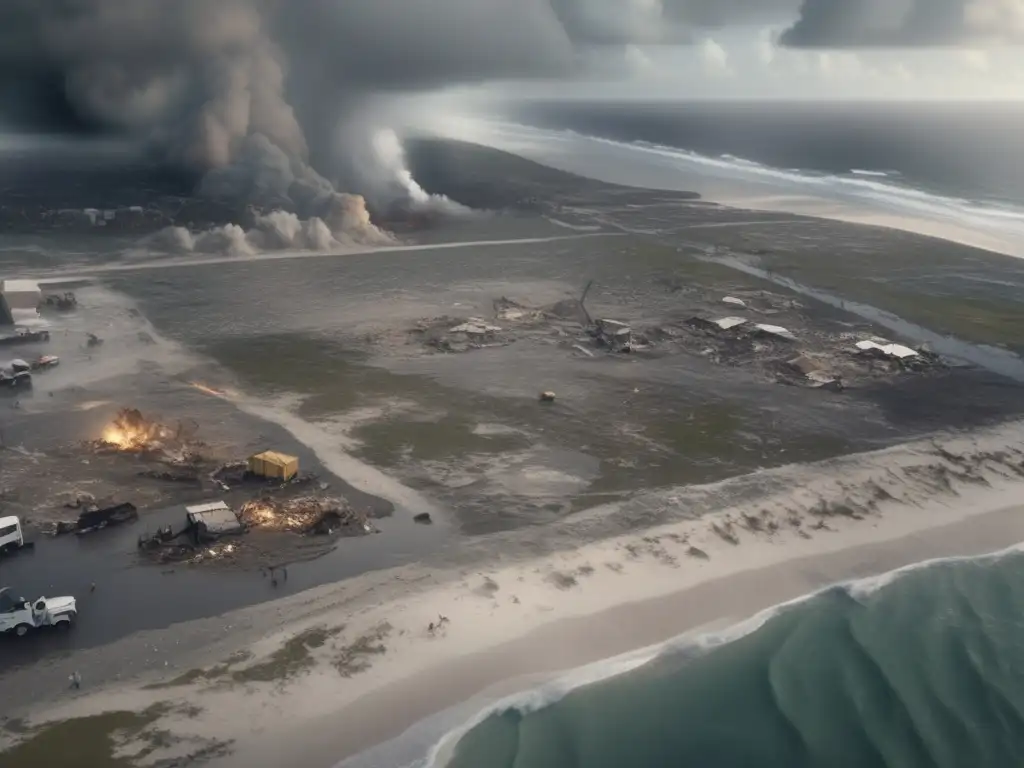
-
What are the signs that someone may need help during post-hurricane recovery?
Signs that someone may need help may include withdrawal or isolation, difficulty sleeping or nightmares, changes in appetite or mood, increased use of drugs or alcohol, and excessive worrying and irritability.
-
How can I help someone who is struggling with mental or emotional health issues?
If you notice that someone is struggling with mental or emotional health issues, encourage them to seek professional help. Connect them with a therapist, counselor, or other mental health provider who can offer the support and guidance they need. Many community organizations offer free or low-cost counseling services for those affected by natural disasters.
-
How can I help children through post-hurricane recovery?
Provide a safe and secure environment, encourage communication, and engage in play and activities that help children process their emotions and cope with stress.
-
What are some ways to cope with loss and grief during post-hurricane recovery?
Be a good listener, offer practical support, and encourage self-care.
-
Why is it important to recognize the need for support during post-hurricane recovery?
The impact of a hurricane can be overwhelming, especially for those who have lost loved ones, homes, and possessions. Recognizing the need for support and offering compassion, understanding, and practical assistance can make a significant difference in the recovery process.
Additional Resources
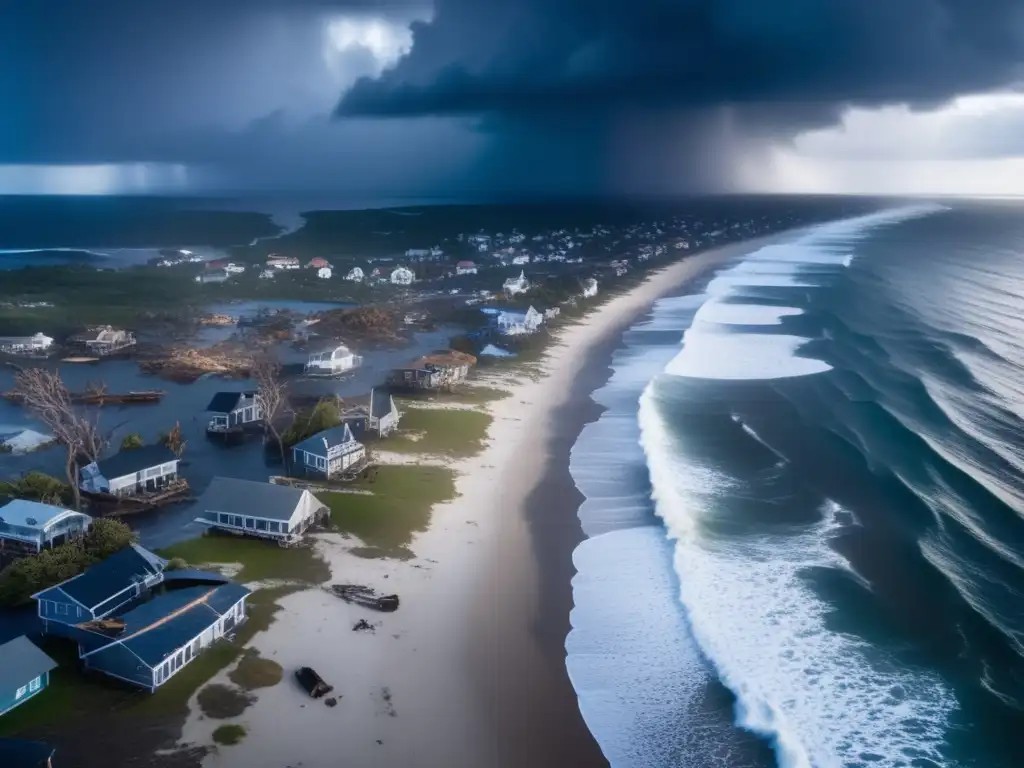
For more information on post-hurricane recovery, visit the following resources:
- American Red Cross - Recovering After a Hurricane
- Federal Emergency Management Agency - Hurricane Recovery Overview
- National Institute of Mental Health - Post-Traumatic Stress Disorder (PTSD)
 Saving Memories: Preserving Personal Items Damaged In A Hurricane
Saving Memories: Preserving Personal Items Damaged In A Hurricane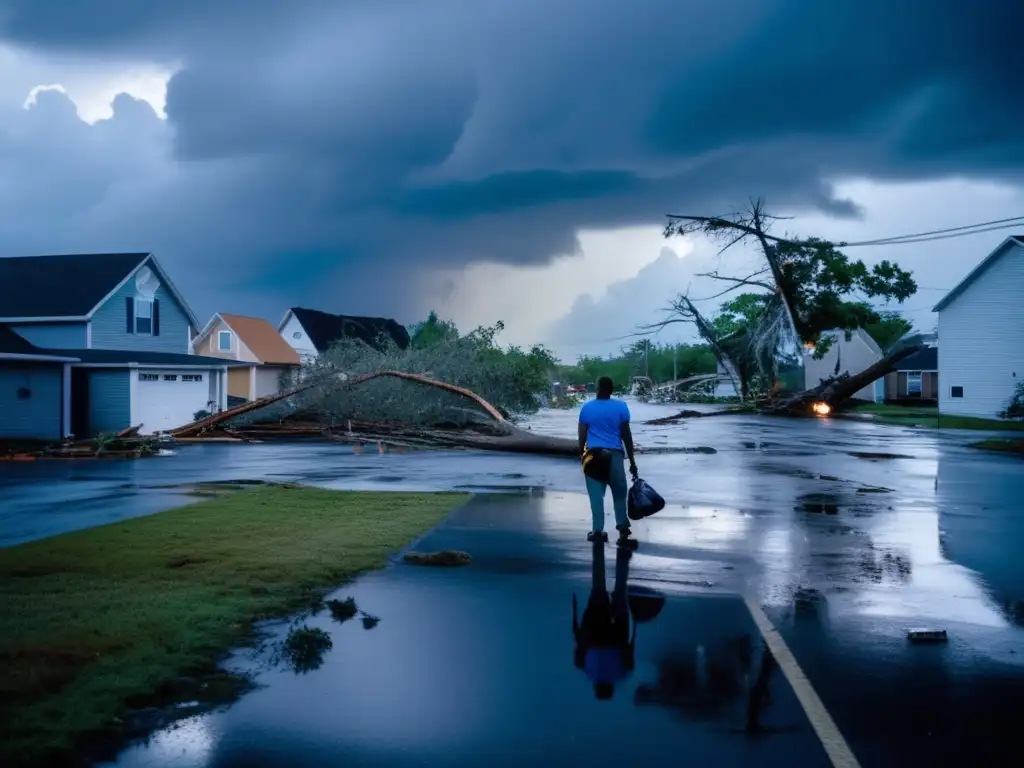 Rebuilding A Stronger Community After A Hurricane
Rebuilding A Stronger Community After A Hurricane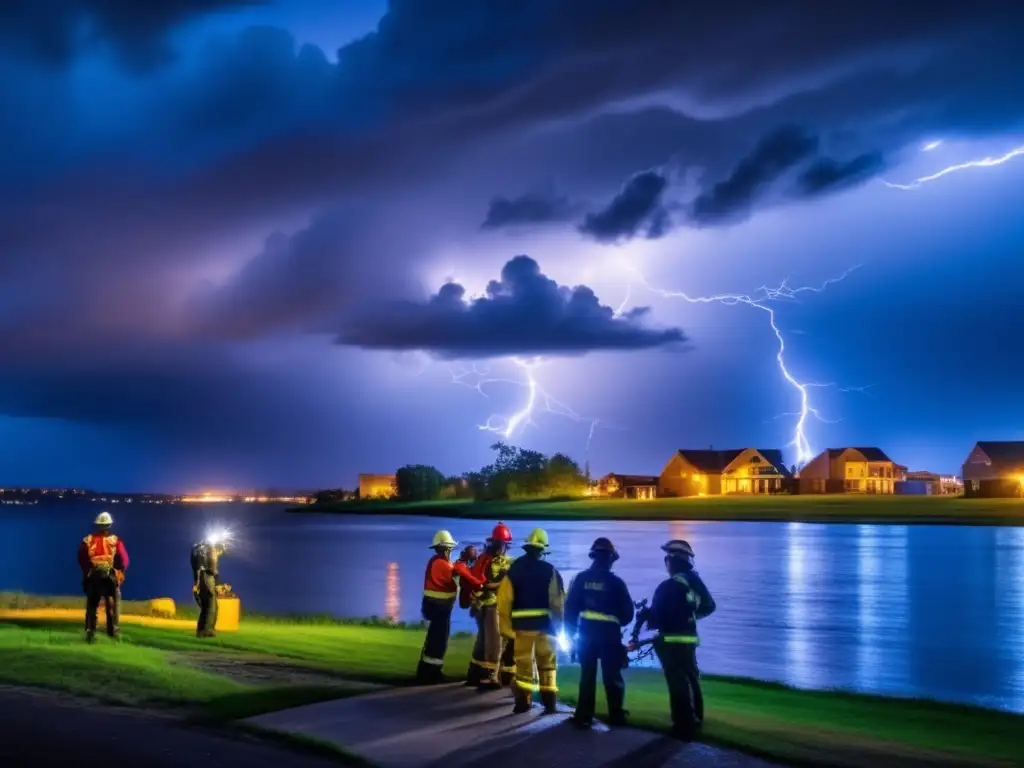 Utility Safety: Handling Gas And Electric Issues After A Hurricane
Utility Safety: Handling Gas And Electric Issues After A HurricaneIf you want to discover more articles similar to Supporting Friends And Family Through Post-Hurricane Recovery, you can visit the Hurricane recovery: category.
Leave a Reply

Articulos relacionados: